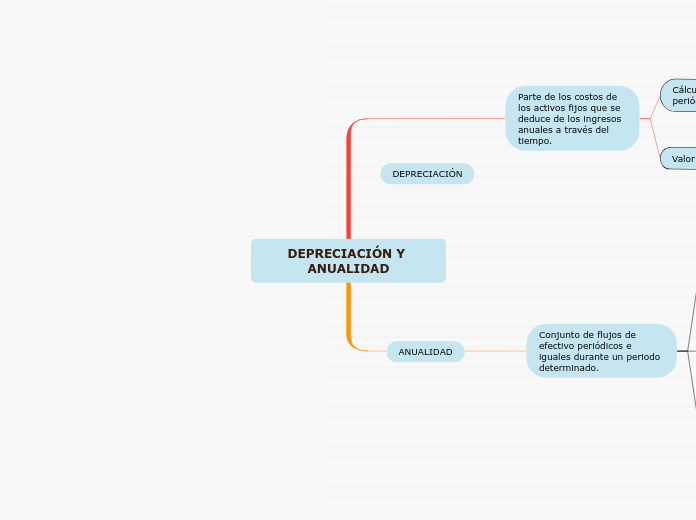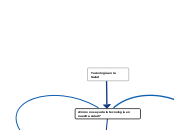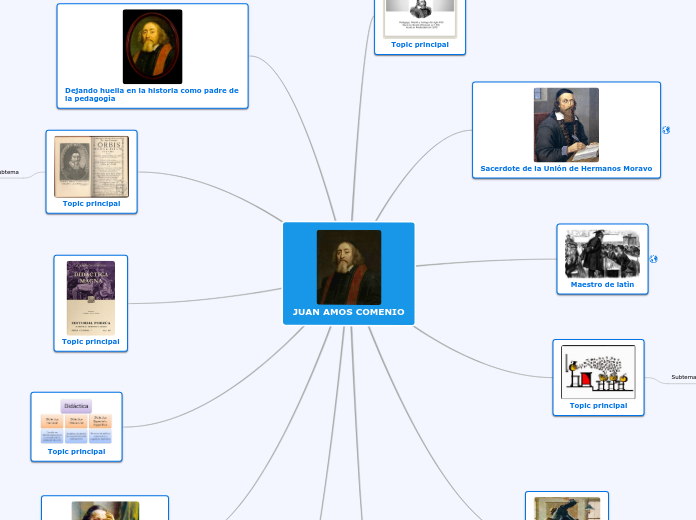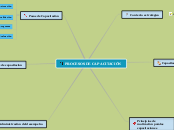ANUALIDAD
DEPRECIACIÓN
DEPRECIACIÓN Y ANUALIDAD
To name your story, you have to think about the overall message and what you want your audience to understand from the story. Also, make it relevant and easy to remember.
Conjunto de flujos de efectivo periódicos e iguales durante un periodo determinado.
Anticipada
Y las mas utilizadas son:
Anualidades Diferidas
Después de cierto tiempo el inicio de pago.
Anualidades Anticipadas
Alinicio de cada mes como son los alquileres.
Anualidades Vencidas
Cada periodo, es decir, cada fin de mes.
Ordinaria
Parte de los costos de los activos fijos que se deduce de los ingresos anuales a través del tiempo.
In the beginning of the story (or the exposition), you will need to introduce the setting and characters. You might also want to introduce the main conflict. This part of the story is important because it gives the reader necessary background information and maybe even a first insight into a character’s personality.
Valor depreciable de un activo
Characters are essential to a good story. Usually, the protagonist(s) is/are the most affected by the plot. Introduce a character by focusing on their actions, interests, and occupation, as the physical appearance doesn't make a difference in most cases.
Este es el monto que se depreciará de su costo total, incluyendo los costos de instalación.
Cálculos de los cargos periódicos por depreciación.
The middle of the story is where you add layers of complications that will lead to the end. Reveal more about the character's journey. Did their personality go through changes? How did they overcome the challenges? And as you build up the story’s central conflict, make it more personal to that character. Also, from the middle act, you have to lead into the final act.
Existen varios métodos para determinar el cargo que periódicamente debe hacerse.
Your character(s) need(s) motivation in order to solve the challenge(s).
Por ejemplo
Método de Línea Recta, donde para decifrar Depreciación (D), contamos con diferentes conceptos: Costo inicial (C), Valor de Salvamiento (S), Años de vida útil (n) y Coeficiente de Depreciación (CD)
Secondary characters also might have motivs beacuse of which they may cross path with main character or which might trigger them to help the main character.
donde
D= CD * (C-S)
D= C-S / n










